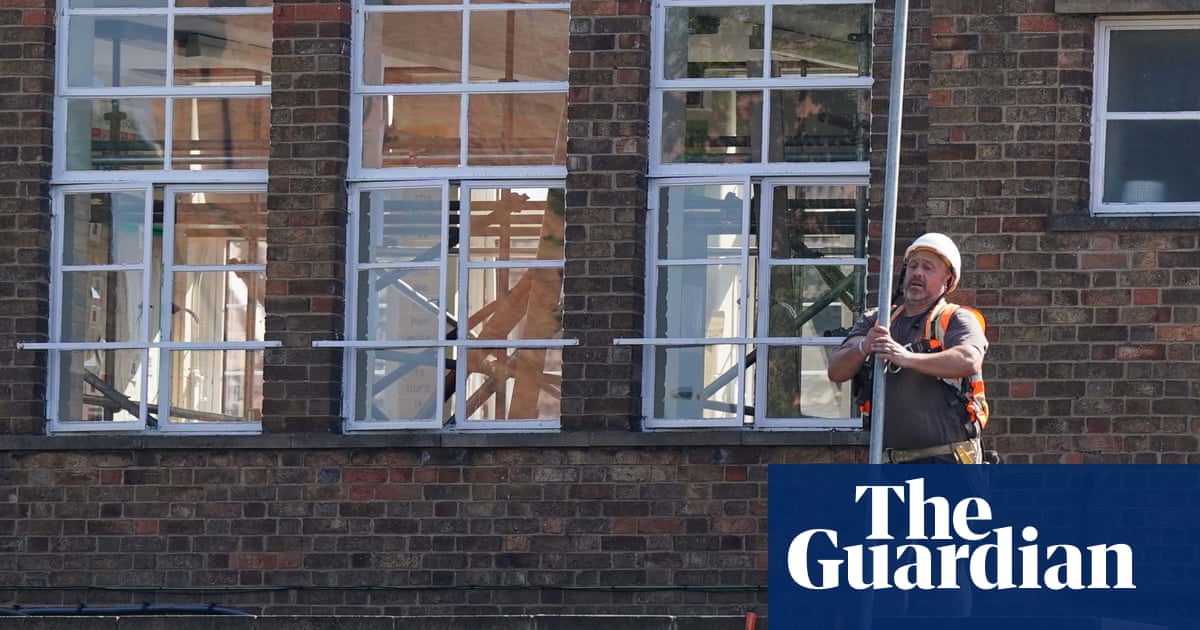
The issue of reparations for slavery is not on the agenda for next week’s Commonwealth heads of government (Chogm) summit, and the UK is not considering paying up, Downing Street has said.
The stance could put Keir Starmer, who will attend the gathering in Samoa, on a collision course with other nations. All three candidates to succeed Patricia Scotland as Chogm secretary general at the event have said they support reparations for countries affected by slavery and colonisation.
Asked what the government’s position on the issue would be at the summit, Starmer’s official spokesperson said: “Just to be clear, reparations are not on the agenda for the Commonwealth heads of government meeting. Secondly, the government’s position on this has not changed. We do not pay reparations.”
Starmer would be in Samoa “to discuss the shared challenges and opportunities faced by the Commonwealth, including driving growth across our economies”, he added.
Some institutions have begun the process unilaterally. The Church of England has pledged to put together a £1bn fund to address its role in the legacy of slavery. Last year the Guardian apologised for the role the newspaper’s founders had in transatlantic slavery and announced a £10m-plus programme of restorative justice.
Labour’s decision to maintain the stance of previous Conservative governments that reparations are not even an issue to be discussed risks angering some Commonwealth countries before the summit, which runs from next Monday.
Among its tasks is to pick a new secretary general in place of Scotland, the British peer and former attorney general who has been in the role since 2016.
Last month, the candidates who are in the running to replace Scotland, who are from the Gambia, Ghana and Lesotho, all backed the idea of financial reparations or another kind of “reparative justice” from countries that had engaged in slavery and colonisation.
Speaking at a debate hosted by the Chatham House thinktank in London, Shirley Botchwey, Ghana’s foreign minister, said the idea of financial reparations was “good”, adding: “Whether or not the Commonwealth has a role to play will depend on the heads of government, who will give the secretary general her marching orders.”
Joshua Setipa, a former trade minister for Lesotho, said: “I support the idea of reparative justice,” adding: “The Commonwealth has a long history of facilitating discussions around difficult issues.”
Mamadou Tangara, the Gambia’s foreign minister, said: “I am fully in support of reparatory justice. The Commonwealth can use its convening power to facilitate the dialogue and make it happen.”
The UK is facing increasing pressure internally and from other countries to consider the issue. Last year, the all-party parliamentary group for Afrikan reparations held a conference in London to agree a future approach in pushing on the issue.
In 2018, David Lammy, now the foreign secretary, called for reparations to be paid to Caribbean nations. Asked about the comment on Monday, Peter Kyle, the science and innovation secretary, said this pre-dated Lammy’s current role.
“These are very, very tricky diplomatic challenges that we have as a country because of our legacy,” Kyle told LBC. “We have to deal with them with all sensitivity.”
The 56-member Commonwealth evolved from the ashes of the British empire, with all but four of its members being former British colonies.











